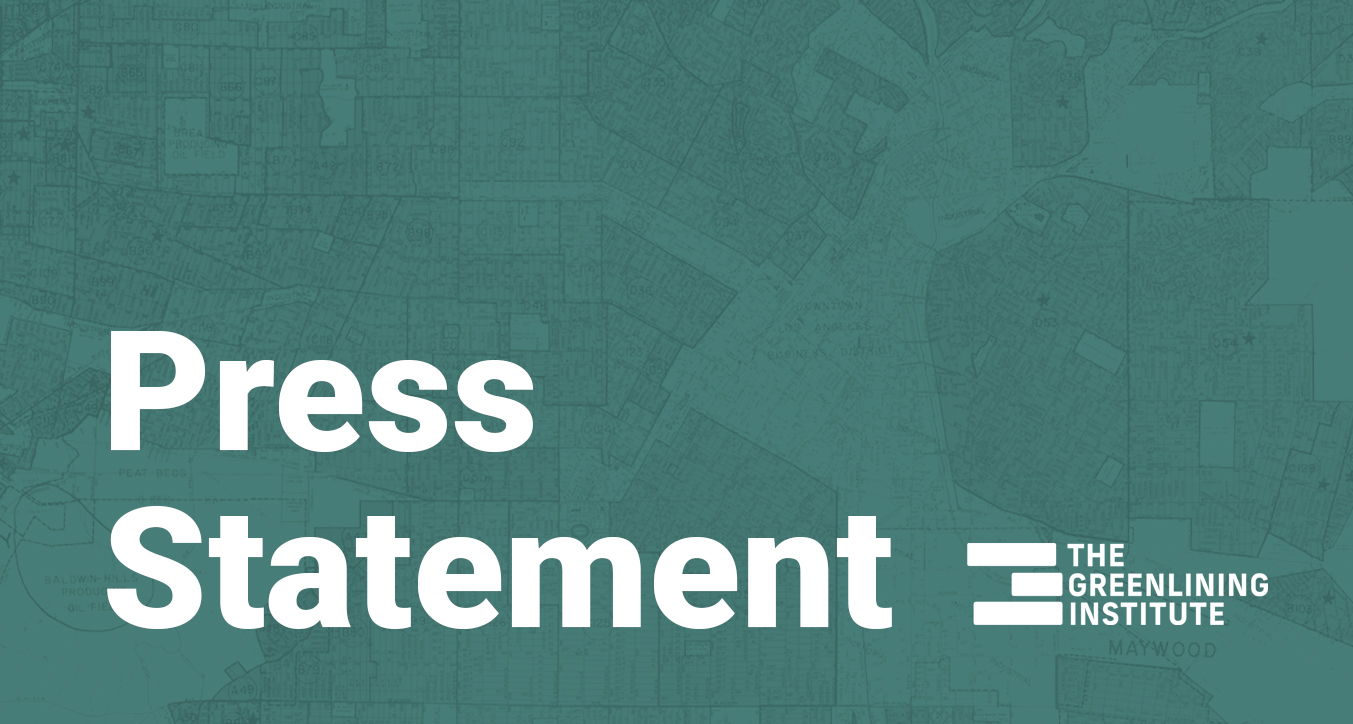As Biden Pushes Clean Mobility, New Report Examines Long-Term Funding Issues

Media Contact
Danielle Bell
SENIOR PROGRAM MANAGER FOR MEDIA RELATIONS
media@greenlining.org danielle.bell@greenlining.orgUrges Sustainable, Equitable Support for Pioneering Programs
Contact: Bruce Mirken, Greenlining Institute Associate Director for Media Relations, 415-846-7758 (cell)
OAKLAND, CALIFORNIA – California has an array of pioneering programs aimed at promoting clean mobility in a way that also enhances racial/economic equity – issues that have just been highlighted by President Biden’s infrastructure plan. But to truly make a difference, such programs need long-term, stable funding, a new report from The Greenlining Institute argues.
The new report, Sustaining Clean Mobility Equity Programs, seeks to answer a critical question: How do we take these small, pilot projects and reliably fund them and bring them to scale, even after any hoped-for federal help runs out? And how do we fund them equitably, without burdening the very communities they seek to help?
The report looks at specific funding strategies that can be used by any state or community, from congestion pricing and road charging to taxing ride-hailing companies, user fees, advertising and sponsorships, weighing their advantages and disadvantages. It also highlights how to deploy other strategies to strengthen and stabilize equitable clean mobility programs, including community partnerships and improvements to the way governments administer grants.
“Many of these California pilot programs have been exclusively funded through the state’s cap-and-trade system, but that mechanism has significant drawbacks,” said report author Hana Creger, Greenlining’s Climate Equity Senior Program Manager. “Low-income, disadvantaged communities and communities of color need clean mobility, and that means identifying stable, equitable funding that allows these programs to grow. And we first need to prioritize the development of community vision, priorities and partnerships so that we can sustain these programs over the long haul.”
To learn more about The Greenlining Institute, visit www.staging3.greenlining.org.


